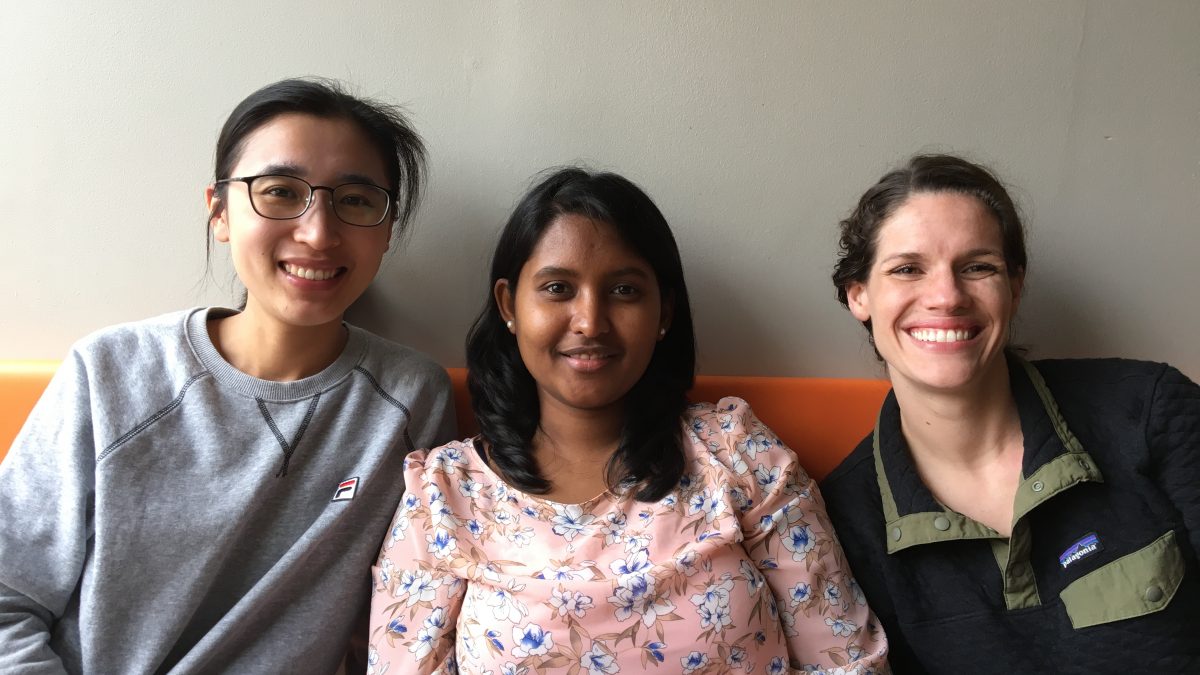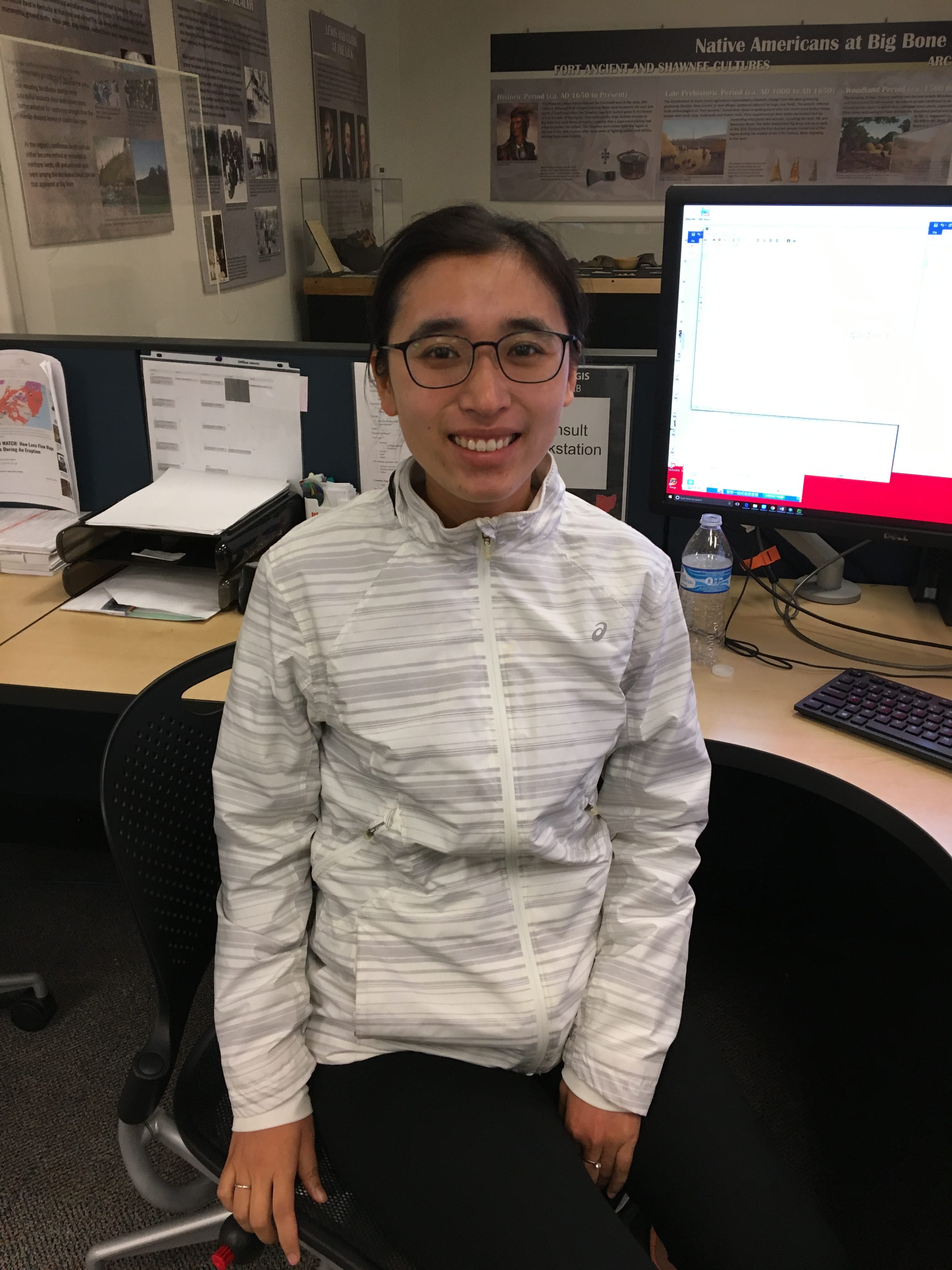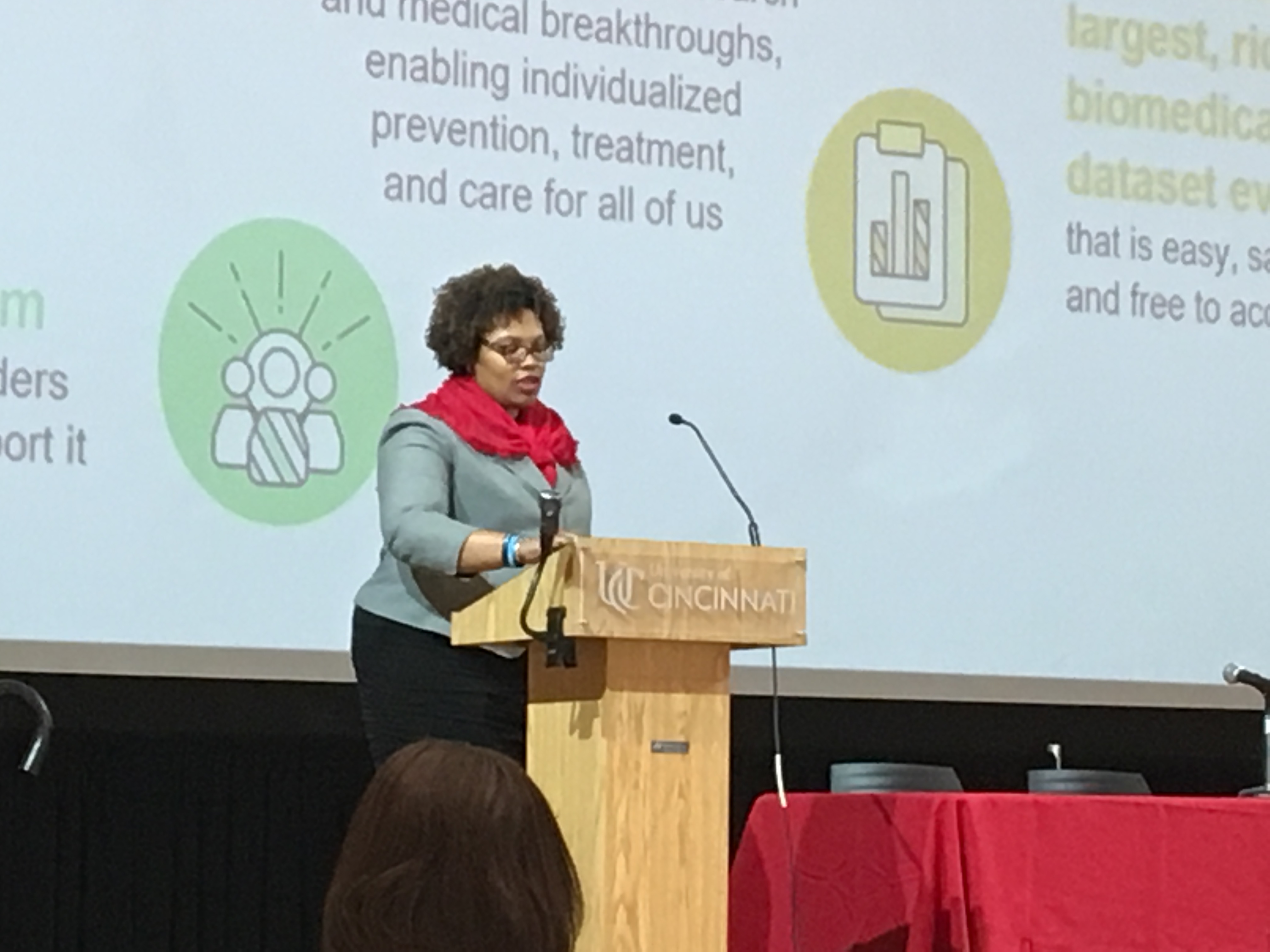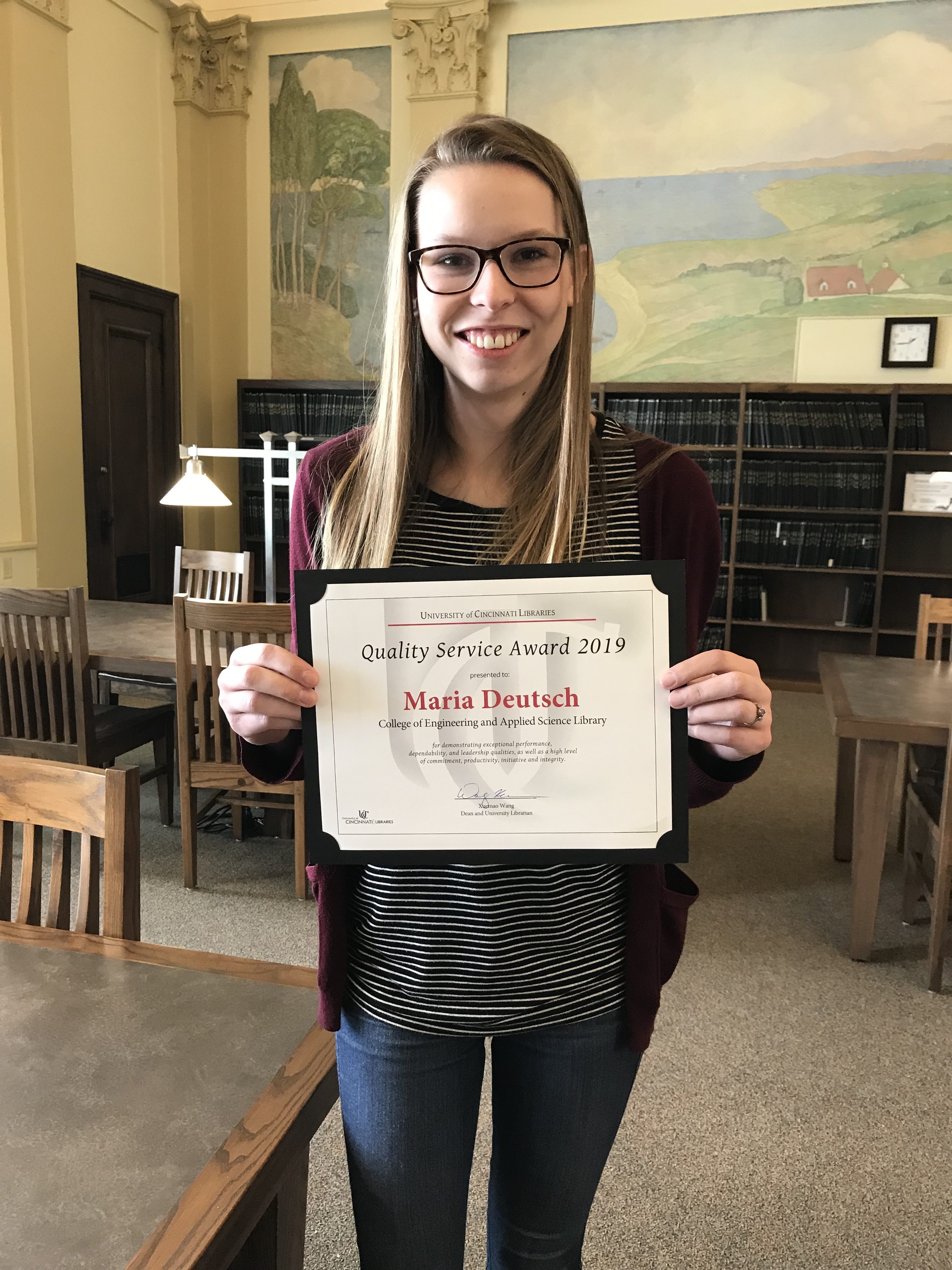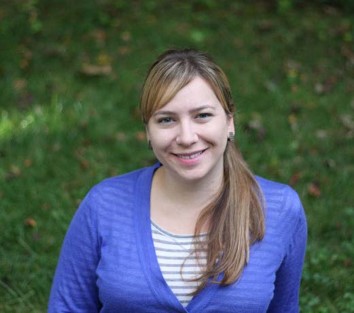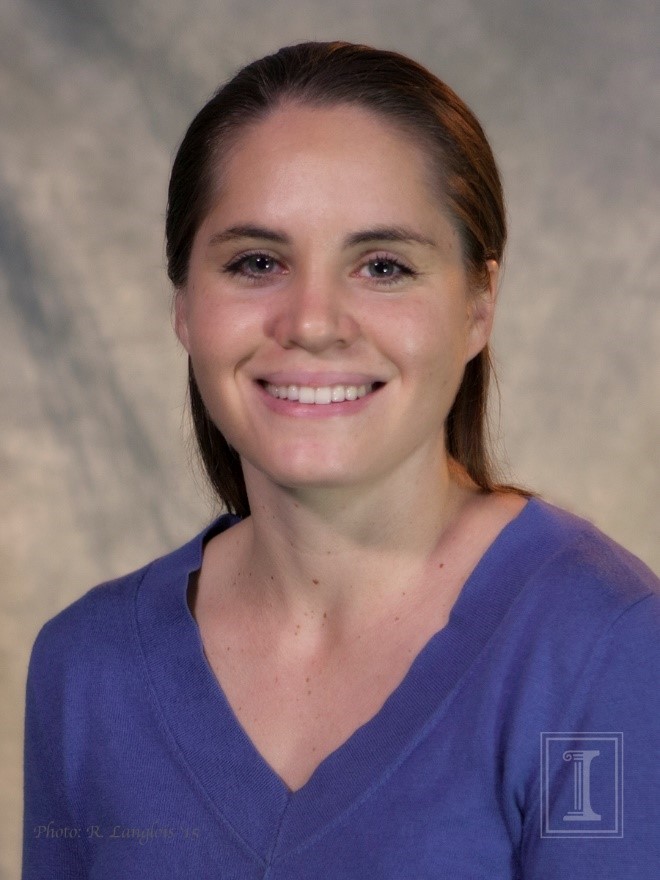Posted on behalf of Amy Latessa, Research Coordinator for IT@UC Research & Development
The Data & Computational Science Series presents:
XSEDE High Performance Computing (HPC) Boot Camp
Free Registration (required)
Description: This 4-day event will include MPI, OpenMP, OpenACC and accelerators. This event will be presented using the Wide Area Classroom(WAC) training platform and will conclude with a special hybrid exercise contest that will challenge the students to apply their skills over the following 3 weeks and be awarded the Fifth Annual XSEDE Summer Boot Camp Championship Trophy. In addition, an XSEDE Badge will be available to those who complete the Challenge.
When: June 3-6, 2019
Location: Langsam Library room 462
2911 Woodside Drive
Cincinnati, OH 45221
Note: You need an XSEDE account to register Create Account
Parking: Woodside Avenue Garage
Special Instructions: Participants should bring their own laptop, lunch will be provided.
Questions? Contact Amy Latessa
XSEDE (eXtreme Science and Engineering Discovery Environment) is a virtual system that provides compute resources for scientists and researchers from all over the country. Its mission is to facilitate research collaboration among institutions, enhance research productivity, provide remote data transfer, and enable remote instrumentation. XSEDE is funded by National Science Foundation (NSF). Getting Started Guide for XSEDE.

